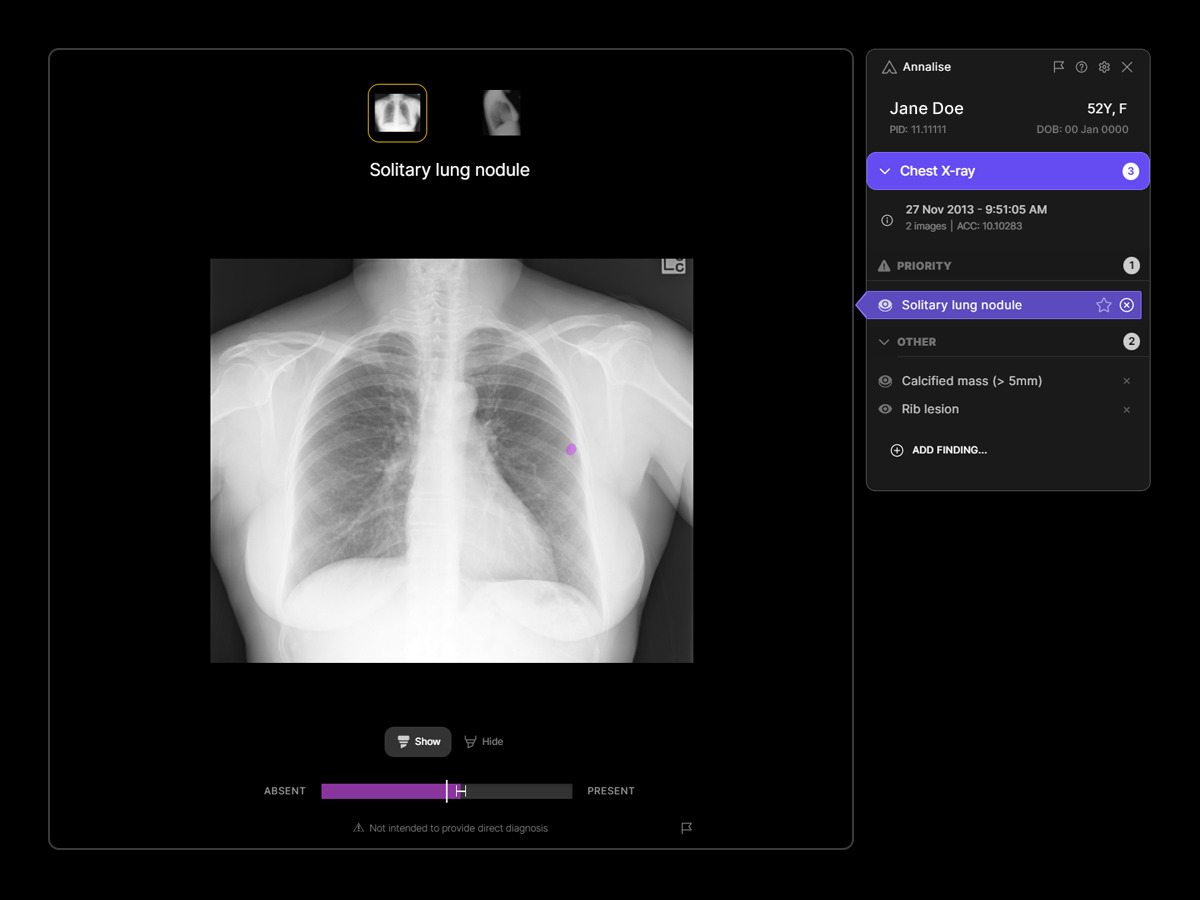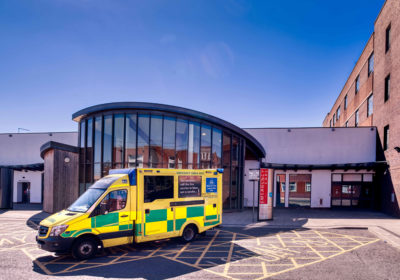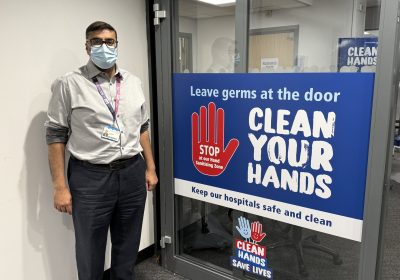The AI-powered decision-support system can identify up to 124 findings on chest X-rays to help healthcare professionals detect diseases, including lung cancer, quicker.
The AI technology serves as a vital second pair of eyes for clinicians, capable of prioritising cases where X-rays reveal suspicious findings that could indicate lung cancer. It has demonstrated a remarkable 45% improvement in diagnostic accuracy and a 12% boost in diagnostic efficiency.
The collaboration with Annalise.ai was made possible by a successful funding bid through the region’s Imaging Network, backed by the Provider Collaborative, which unites all NHS Foundation Trusts.
The bid gained support from the Northern Cancer Alliance and successfully secured funding from NHS England’s AI Diagnostic Fund (AIDF), which allocates £21m to provide 12 imaging networks across 65 NHS trusts in England.
Lung cancer is the leading cause of cancer death in the North East and North Cumbria.
It also has the highest incidence in England, with 117 people per every 100,000 developing the disease, compared to 88.5 people per 100,000 in London.
Six in 10 people will survive more than five years if lung cancer is diagnosed at the earlier stages, but this falls to just one in 10 for those diagnosed at the latest stage.
The disease has many causes, but a significant aspect is the higher smoking rates across generations in our region compared to the national average. The North East and North Cumbria are home to some of the most disadvantaged communities, where residents already contend with health inequalities.
The rollout of AI technology has the potential to save lives across the North East and North Cumbria, bringing hope to many individuals in their battle against cancer and strengthening our regional fight against the disease
Consultant Radiologist at South Tyneside and Sunderland NHS Foundation Trust, Dr Peter Hewitt said: “By using the AI tool, it will interpret chest X- rays within a minute of them being taken and it will put patients with suspected cancers at the top of the list for reporting.
“It will improve the accuracy and speed of reporting, acting as a second pair of eyes and will pick up anything subtle.”

Ken Bremner MBE, Chair of the North East and North Cumbria Provider Collaborative and Senior Responsible Officer for the region’s imaging network, is also Chief Executive of South Tyneside and Sunderland NHS Foundation Trust.
He said: “The arrival of this technology for the region’s NHS is a very welcome addition to our fight against lung cancer and the terrible impact it has on our region’s communities. By using the AI tool, we will be able to improve the time it takes for treatment to begin for anyone who receives a lung cancer diagnosis. It will help us to save people’s lives and, importantly, catch more cases quickly.
“The earlier we can start treatment for lung cancer the better – this will go some way to make that difficult time following a diagnosis easier for patients as they start their treatment journey.”






